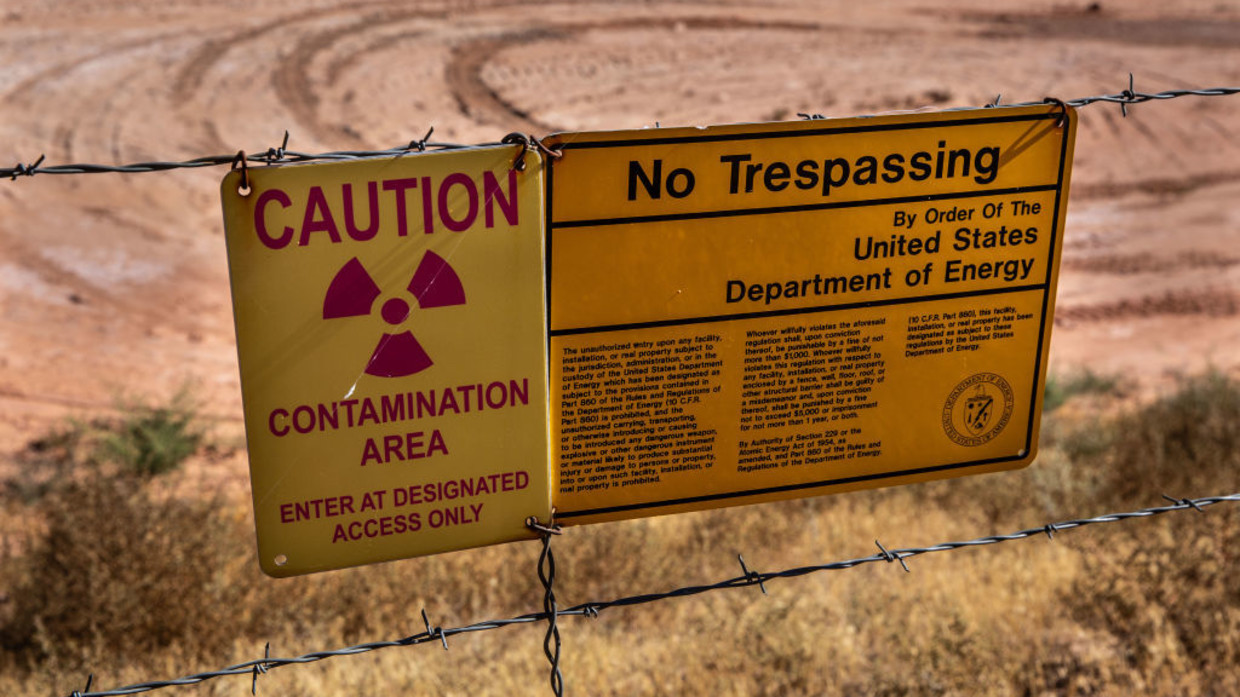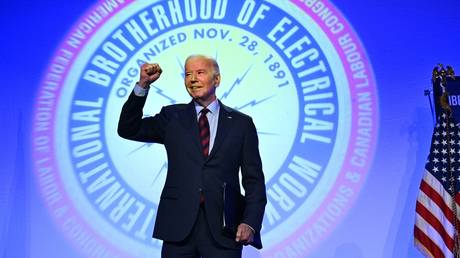The Biden administration is considering a ban on enriched uranium from Russia using the president’s executive authority after congressional efforts stalled, Bloomberg reported on Tuesday.
A bill banning Russian nuclear fuel was passed by the House of Representatives in December but has since languished in the Senate. The White House wants to prohibit enriched uranium from Russia as part of its sanctions campaign against Moscow over the Ukraine conflict.
According to Bloomberg, officials from the National Security Council and the Department of Energy have been discussing a ban that would include waivers allowing the fuel to be imported until 2028.
An executive order from the president has much the same power as a federal law. Congress cannot directly overturn it, but can pass a new law to nullify the order.
No decisions have been made on the issue yet, Bloomberg said, explaining that both the Biden administration and the nuclear industry would still prefer the matter to be handled by the legislative branch.
Russia is America’s top foreign supplier of enriched uranium, providing almost 25% of the fuel used in US reactors.
Official statistics show the US imported $1.2 billion worth of Russian uranium last year, the most ever on record, with the annual value of uranium shipments up by 43%.
The White House sees the development of domestic uranium enrichment capabilities as a national security issue. Earlier this year Congress approved $2.7 billion for the purpose, and the Biden administration called for a long-term ban on Russian fuel to be coupled with the funds.
The US has its own deposits of uranium, but they are not sufficient to supply the country’s nuclear power sector. Meanwhile, Russia hosts the world’s largest uranium enrichment complex, accounting for almost half of global capacity.
According to some estimates, it would take at least five years of heavy investment for the US to break its dependence on Russian imports.


